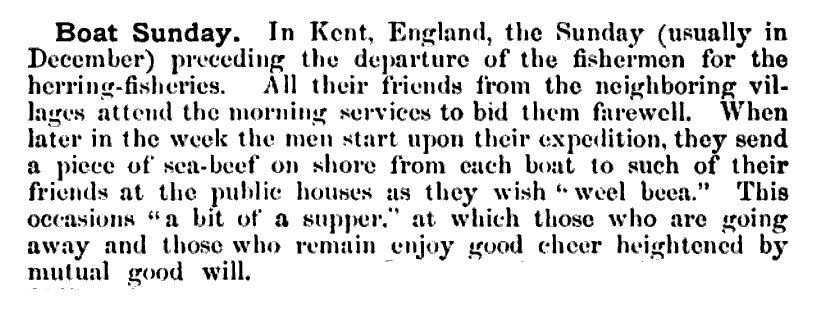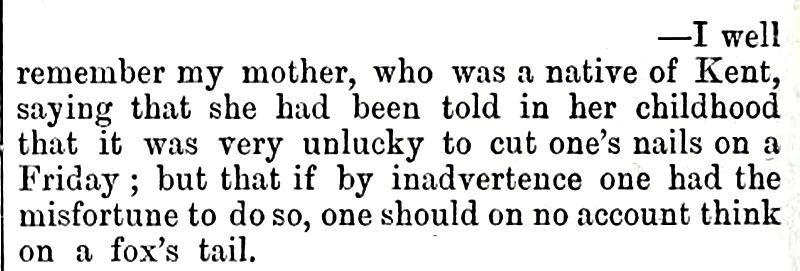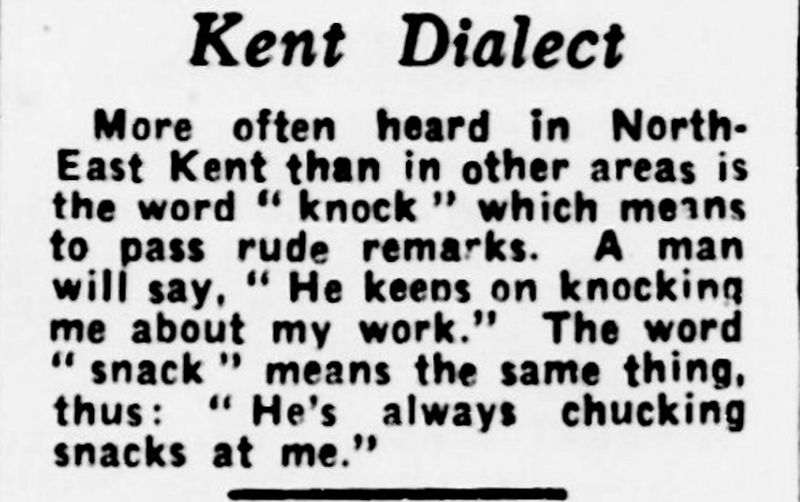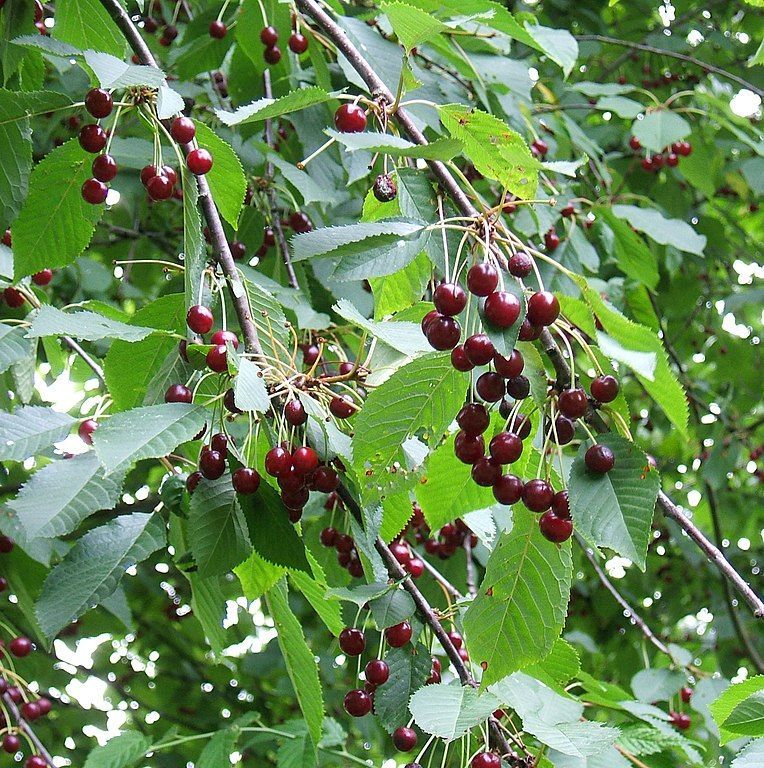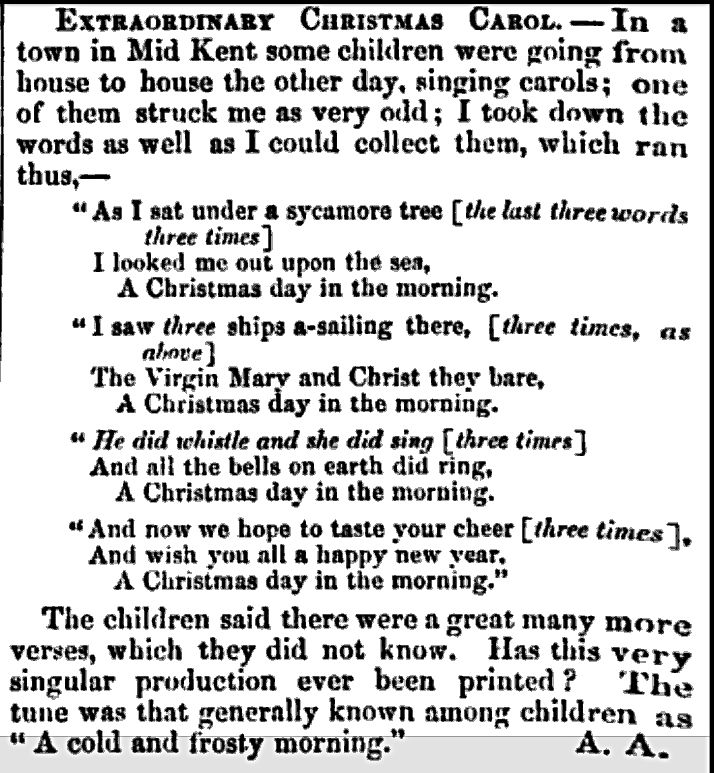
kenticisms
@kenticisms
Research into the past and present dialect, accent, proverbs and sayings of Kent. With some Kentish folklore and customs for added interest.
ID: 2841240136
https://kenticisms.wordpress.com 22-10-2014 15:19:05
2,2K Tweet
2,2K Followers
101 Following























